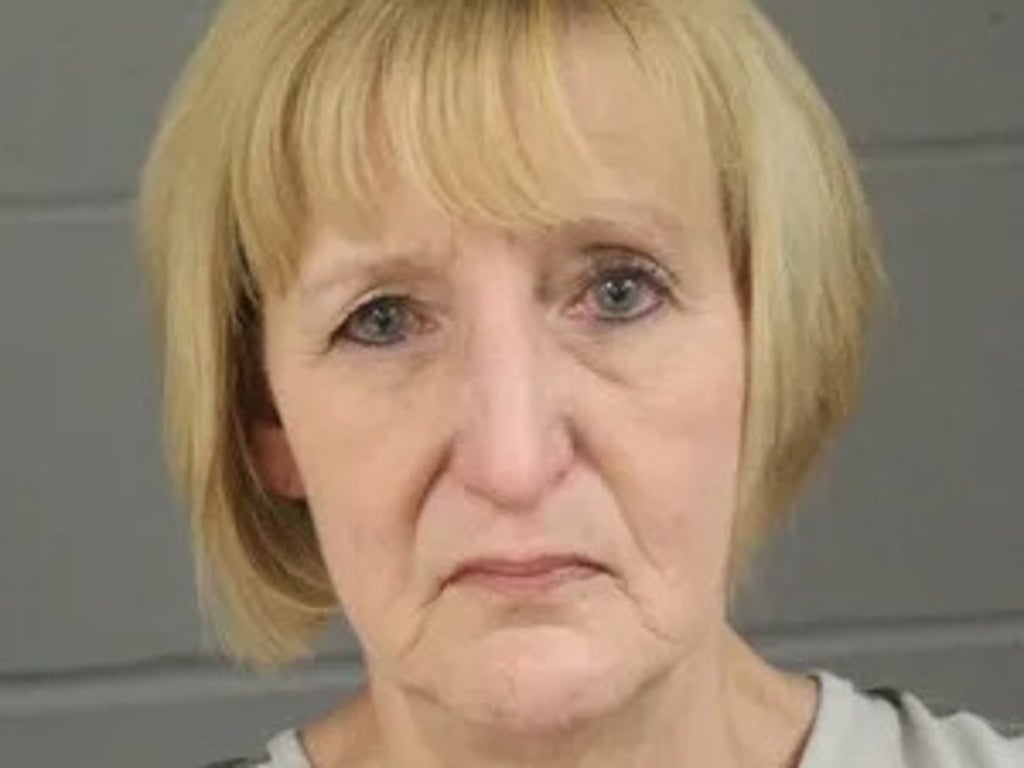
A South Dakota woman who was convicted last year of the 1981 death of her newborn son has been released from prison after less than three months.
Theresa Bentaas, 60, was sentenced to 10 years behind bars, of which nine were suspended by a judge, after pleading guilty in December 2021 to first-degree manslaughter over the death of baby Andrew.
She reported to prison on 15 January and was granted parole on 17 March, and although not immediately released the South Dakota Department of Corrections has confirmed that she is now free.
Newborn baby “Andrew John Doe” was found wrapped in a blanket in a ditch in Sioux Falls, South Dakota, on 28 February 1981 after the bundle was spotted by a motorist, but by the time officers arrived at the scene the baby was dead.
An autopsy determined that the newborn had likely died from exposure and failure to assist the baby in maintaining an airway during birth.
An investigation into the baby’s death and an attempt to identify his parents went cold for nearly four decades before a break in the case.
Sioux Falls Police Department detective Mike Webb reopened the case to try and obtain DNA evidence for testing, after learning that all previous testable evidence had been destroyed in 1995, according to court documents.
Baby Andrew’s body was exhumed in 2009 and sent to the North Texas University Science Center for DNA to be extracted from bone and tissue, but no genetic matches were found.
The DNA samples were tested every year without any match being found, but with technological advances in the field being made, they were submitted in 2019 to Parabon NanoLabs, Inc, which found two possible genetic matches.
Investigators used those matches to create a family tree that led to led to Theresa Bentaas and Dirk Bentaas, both of whom lived together in Sioux Falls.
Sioux Falls police then seized a cigarette butt, beer and water containers from trash at their home, and female DNA on the evidence “could not be excluded as being from the biological mother of Baby Doe,” according to court documents.
During a parole hearing in March, Bentaas, who was 19 when she gave birth to the baby, was asked by the board if her son had been alive when she left his body outside.
“He was not moving. He was not breathing. He was not alive,” she told them.
Her defence lawyers previously told the court that their client did not know she was pregnant until the baby was born and that he was not breathing after delivery.
The court heard that medical records show she did not seek treatment for the pregnancy before the birth.







